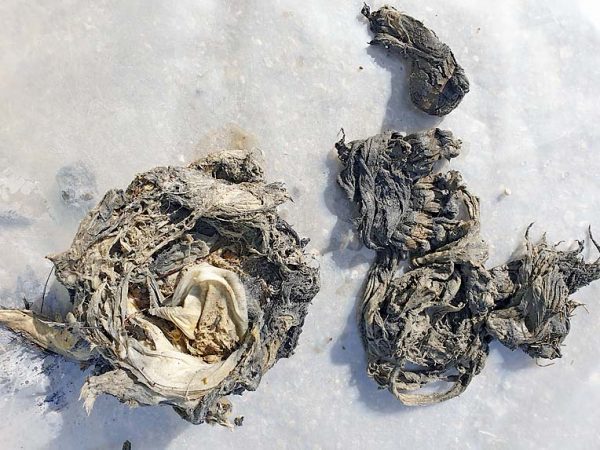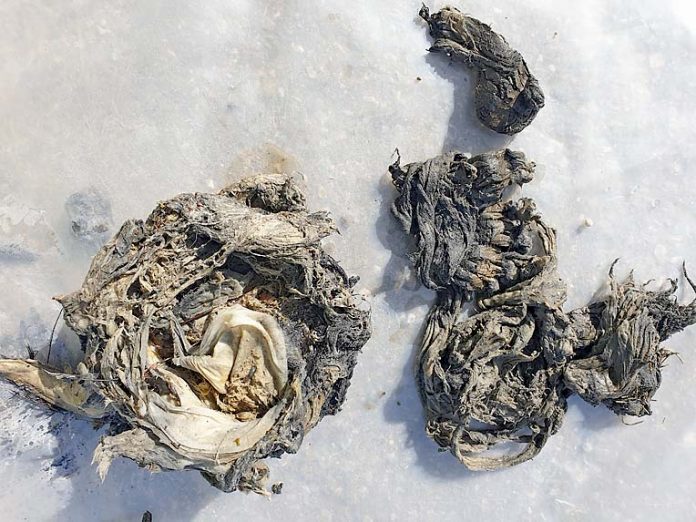
SEWER blockages have plunged by nearly half in regional South Australia amid residents heeding advice over flushing “pee, poo and toilet paper”.
This follows a warning people were flushing items such as paper towel, tissues and wet wipes during the height of the toilet paper shortage fuelled by panic buying.
Households are also urged not to flush more peculiar items such as sprinkler heads, underwear and golf balls.
SA Water customers, strategy and innovation general manager Anna Jackson praised country customers for changing their flushing habits.
“We spend hundreds of thousands of dollars each year removing items like wet wipes from pipes and wastewater treatment plants, but it’s not just SA Water infrastructure these ‘unflushables’ can cause problems for,” Ms Jackson said.
“If you flush anything other than the three Ps down the toilet, or put food scraps and cooking oils down the kitchen sink, they can cause a blockage in your own internal plumbing.”
Eventually, Ms Jackson warned what was going down would also come back up through the toilet or drain and into the street or yard.
“Even worse, your house, resulting in a messy and costly – but avoidable – inconvenience,” she said.
Ms Jackson said pouring cooking fats and oils down the drain could line pipework and make it difficult for the good bacteria to process once it reaches treatment plants.
“It can also lead to the infamous ‘fatberg’,” the SA Water manager said.
Clumps of wet wipes and small fatbergs building up behind tree roots in sewer pipes remain the most common reason for blockages.
While ample supplies of toilet paper have again returned to supermarket shelves, SA Water crews recorded a rise in toilet paper alternatives such as wet wipes, paper towel and tissues coming through the sewer network.
“We understand some people may have been unable to buy toilet paper and needed to use another household item to clean up, however, unlike toilet paper which is deliberately designed to break down in around 30 seconds, these other items do not disintegrate in the sewer system,” Ms Jackson said.
“If you must resort to using a toilet paper alternative, we recommend having a small bin in the toilet or bathroom for easy disposal.”
WHAT NOT TO FLUSH
• Wet wipes
• Tissues
• Paper towel
• Sanitary pads
• Tampons
• Kitchen scraps
• Grease








